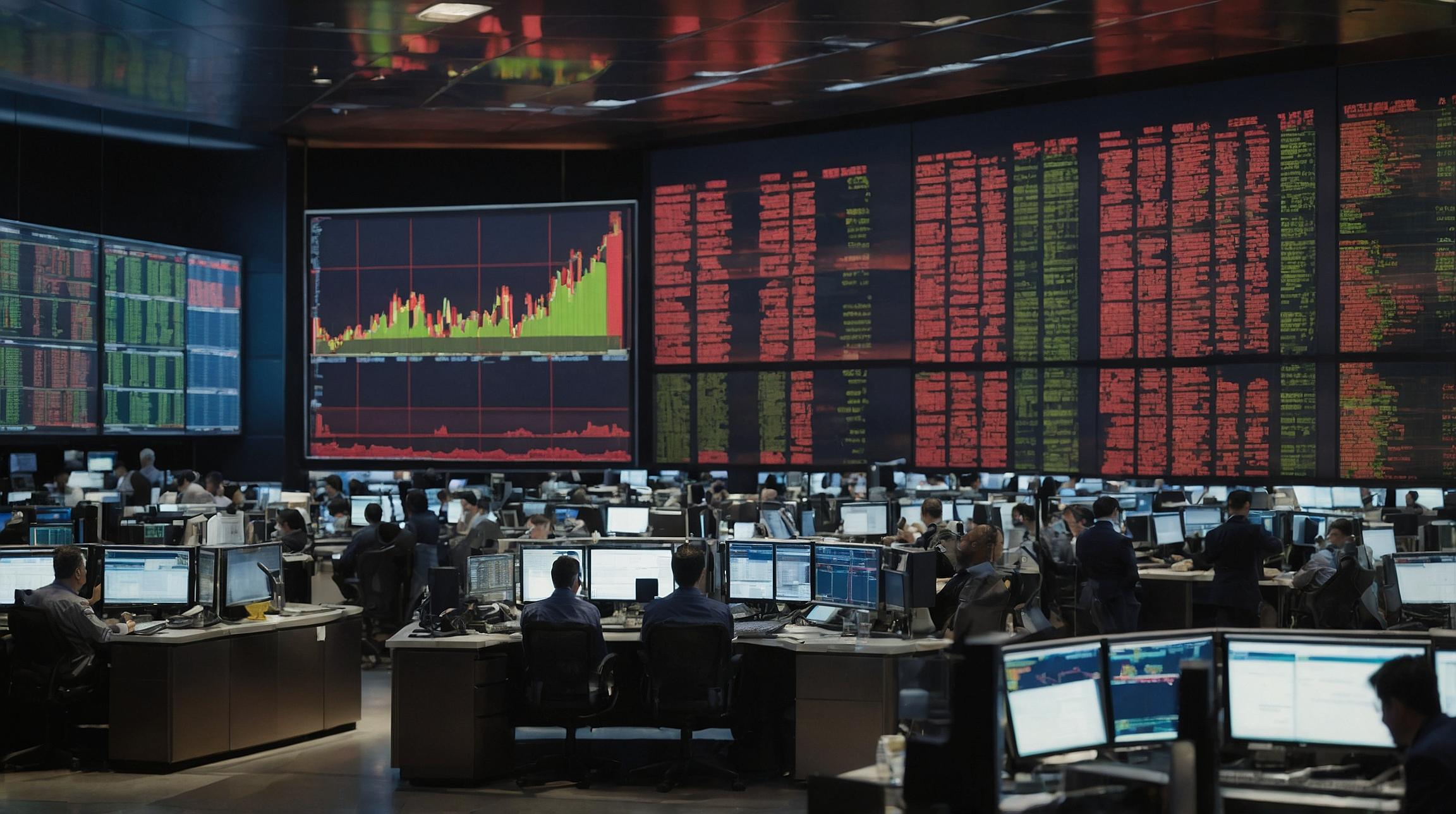U.S. Treasury Secretary Foresees Imminent Trade Agreement with China
Treasury Secretary Scott Bessent conveyed confidence on Tuesday that a trade deal between the United States and China is likely before the November deadline when reciprocal tariffs are set to take effect. Speaking on CNBC’s “Squawk Box,” Bessent highlighted the increasingly productive nature of ongoing negotiations.
“We’ll be seeing each other again,” Bessent said, emphasizing that each round of talks has yielded progress. “I think the Chinese now sense that a trade deal is possible.”
Background on Tariff Suspensions and Negotiations
The discussions have evolved since the Trump administration’s announcement on April 2, 2025, of so-called “liberation day” duties targeting U.S. trading partners, including China. Initially, tariffs on Chinese goods could have reached as high as 145%, but these were suspended amid ongoing talks.
The suspension of reciprocal tariffs was originally due to expire on August 12 but was extended to November 10 to provide additional time for negotiation.
Trade Deficit Trends and Market Impact
Bessent cited concerns from U.S. trading partners who report an influx of Chinese goods in their markets, describing their reactions as “slightly apoplectic.” The United States recorded a trade deficit of nearly $300 billion with China in 2024. However, that deficit is on track to decline substantially in 2025, with figures through July already showing a reduction to $128 billion.
U.S. Trade Representative Jamieson Greer anticipates the deficit will narrow by at least 30% this year, with further improvements expected in 2026. Bessent underscored the administration’s objective to achieve balanced and equitable trade relations.
“So the idea here is to come into balance, to have fair trade,” he said.
FinOracleAI — Market View
The prospect of a trade deal between the U.S. and China ahead of the November tariff deadline is a positive signal for markets, reducing uncertainty around escalating tariffs that could disrupt global supply chains and trade flows. Progress in talks and tariff suspension extensions suggest a constructive diplomatic environment, which could support improved trade relations and economic stability.
Risks remain if negotiations falter or if either side imposes tariffs abruptly, potentially reigniting trade tensions. Market participants should monitor upcoming negotiation sessions and official statements closely for confirmation of deal specifics.
Impact: positive













